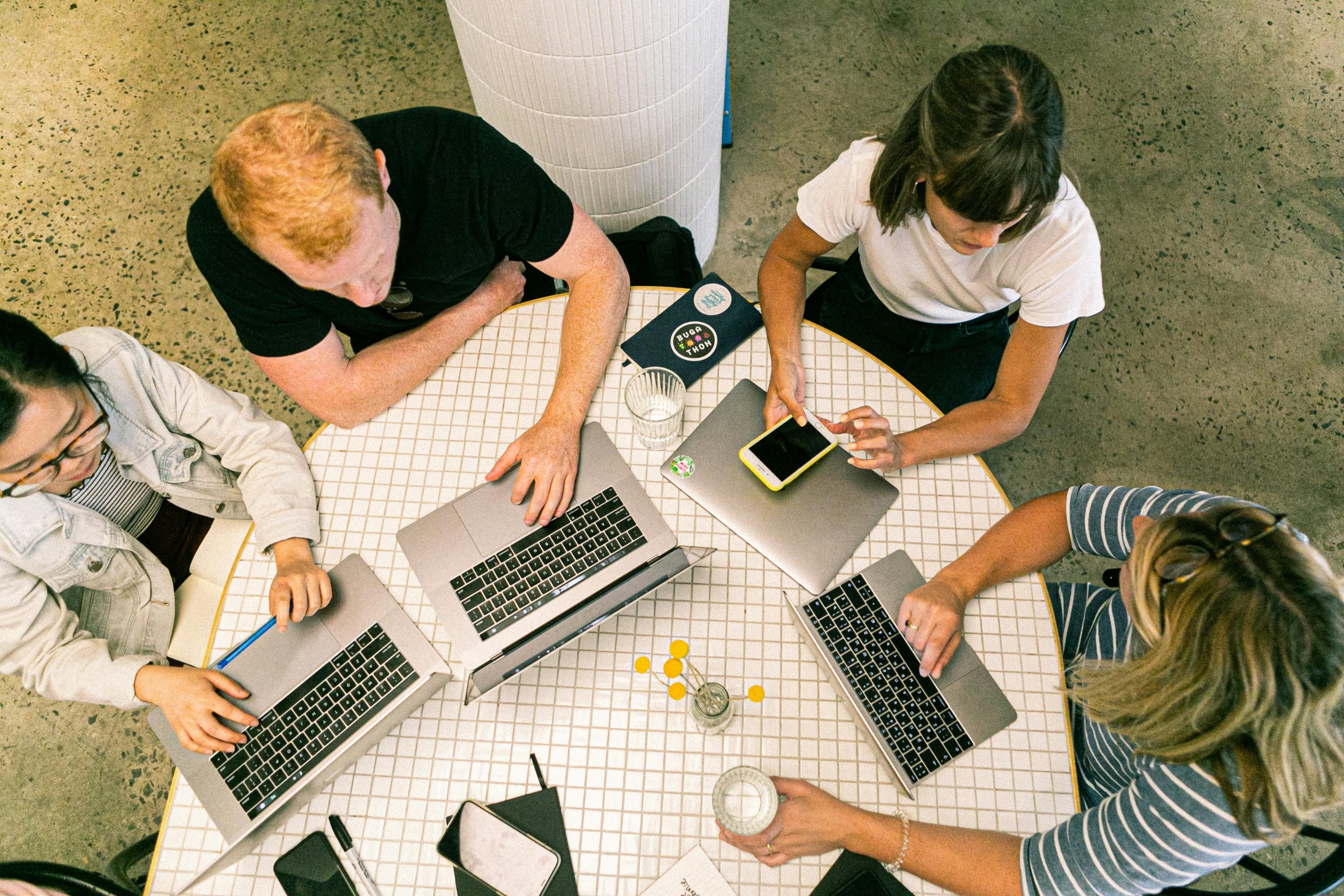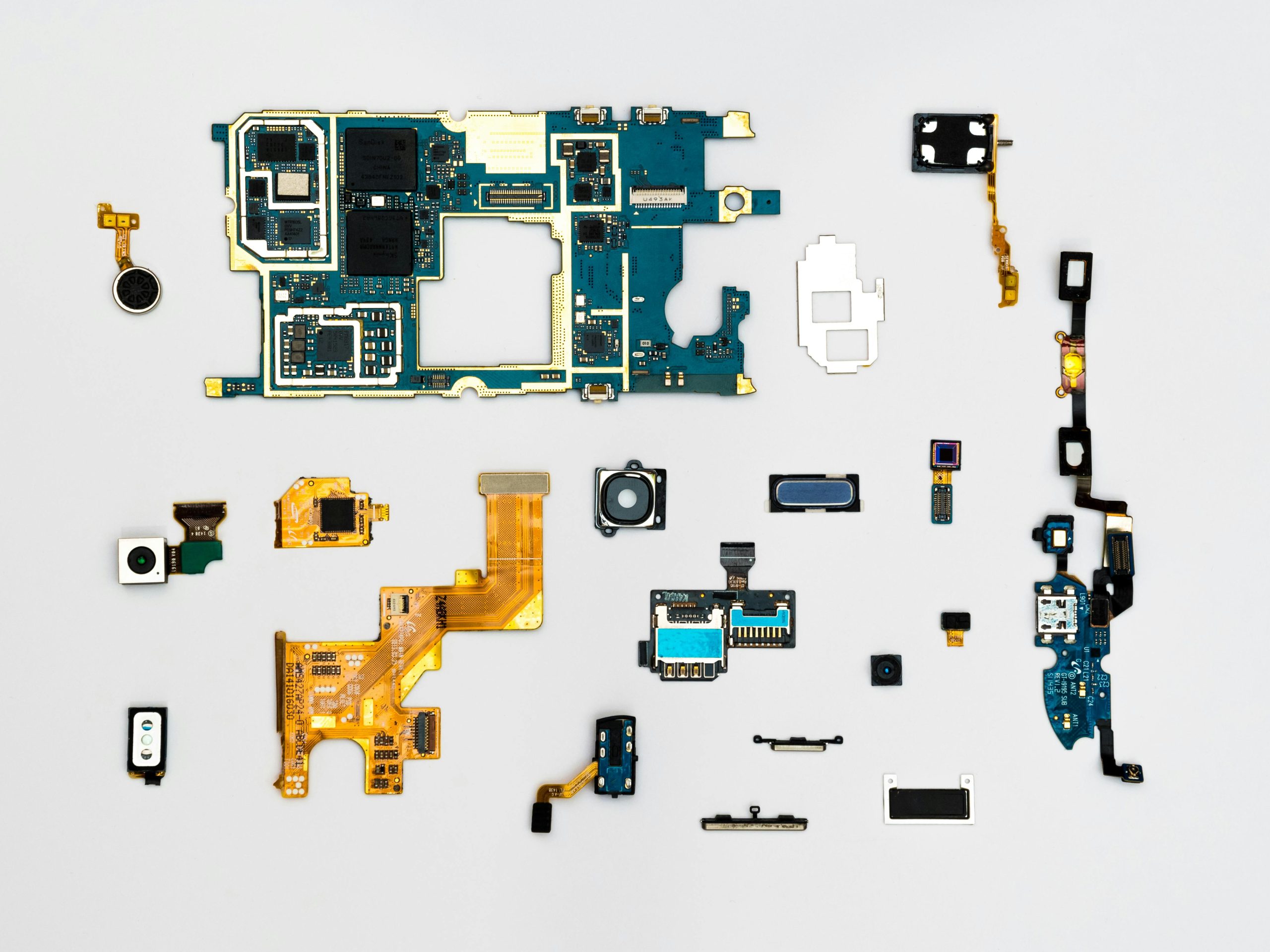Reinventing the Patent System: Ex-Coinbase Engineer Launches Inventex to Make Innovation More Accessible with AI

In a world where innovation moves faster than the systems meant to protect it, Daniel Ruskin, a former engineer at Coinbase, is stepping forward with a bold vision: to radically transform how we file and manage patents.
After four years working at one of the leading cryptocurrency platforms, Ruskin decided to take an unconventional path. He enrolled in college and then law school, driven by a desire to understand not just the technical side of innovation, but also its legal and regulatory frameworks. Along the way, he launched several startups—including an election security company, where he personally drafted and secured a patent for the company’s core technology.
But it was that very process—navigating the complex and often outdated patent system—that sparked Ruskin’s next big idea.
The Problem: A System Stuck in the Past
“The patent process is unnecessarily opaque, expensive, and time-consuming,” Ruskin says. “Even for someone with technical and legal training, it’s a frustrating experience. For everyday inventors, it’s a nearly insurmountable barrier.”
Patents, which are supposed to protect inventors and reward creativity, have become for many a source of frustration. Filing one can take months or even years, require thousands of dollars in legal fees, and demand expertise that most people simply don’t have.
Ruskin realized that this wasn’t just a personal inconvenience—it was a systemic problem. And one worth solving.
The Solution: Inventex
In December 2024, Ruskin founded Inventex, a legal-tech startup based in Salt Lake City, designed to democratize access to patent protection through the strategic use of AI and human legal expertise.
Inventex is building a multi-agent AI platform that handles the heavy lifting of the patent application process—from understanding an invention, to drafting claims, to preparing detailed technical documentation. Users describe their invention in natural language, and the system translates that into a legally viable patent draft.
But AI doesn’t work alone. Every document is reviewed, refined, and validated by licensed patent attorneys, ensuring compliance with national and international legal standards. This hybrid approach balances the speed and cost-efficiency of automation with the rigor and reliability of expert oversight.
The result? A system that drastically reduces cost, time, and complexity, making it easier for entrepreneurs, researchers, students, and inventors to secure intellectual property rights—without needing a deep background in law or tens of thousands of dollars in legal fees.
Why Now? The Timing Is Perfect
Inventex arrives at a time when AI is transforming almost every industry, from healthcare to finance to creative arts. But the legal system—particularly areas like patent law—has been slow to evolve.
With growing global competition in innovation, and a booming startup economy driven by intellectual property, the need for faster and more accessible patent solutions is urgent. Inventors often delay or avoid patenting altogether due to costs and complexity, leaving valuable innovations vulnerable.
“The barrier to protecting new ideas shouldn’t be bureaucracy,” Ruskin says. “It should be creativity that leads, not red tape that holds people back.”
From Coinbase to Legal Tech: A Founder’s Unique Perspective
Ruskin’s unusual blend of experience—deep tech, entrepreneurship, and legal education—positions him uniquely to tackle this problem. At Coinbase, he worked in fast-paced product environments. In law school, he learned the importance of structure, compliance, and detail. As a founder, he experienced the frustration of trying to protect a business idea through outdated legal channels.
That trifecta—technology, law, and startup grit—is what fuels Inventex’s mission.
What’s Next for Inventex
Although Inventex is still in its early stages, it has already attracted attention in both legal and tech circles. The company is building its platform in stages, onboarding early users, and partnering with legal professionals to test workflows and refine the AI’s output.
Long term, Ruskin envisions a platform that serves not only U.S. patent filings but expands into global IP systems, enabling cross-border protection with the click of a button.
The team also sees applications beyond patents: smart legal drafting for trademarks, licensing agreements, and even regulatory compliance.
Conclusion: Opening the Door to a New Era of Innovation
At its core, Inventex is about access. By bridging the gap between automation and human expertise, the company is striving to build a system where innovation is protected as quickly and affordably as it is created.
In a time when brilliant ideas emerge from basements, classrooms, and research labs around the world, Ruskin’s Inventex could be the key to unlocking millions of untapped innovations, giving creators the legal foundation they need to grow.
Photo source: www.pexels.com
Author of this article
WAS THIS ARTICLE HELPFUL?
Support us to keep up the good work and to provide you even better content. Your donations will be used to help students get access to quality content for free and pay our contributors’ salaries, who work hard to create this website content! Thank you for all your support!




OR CONTINUE READING